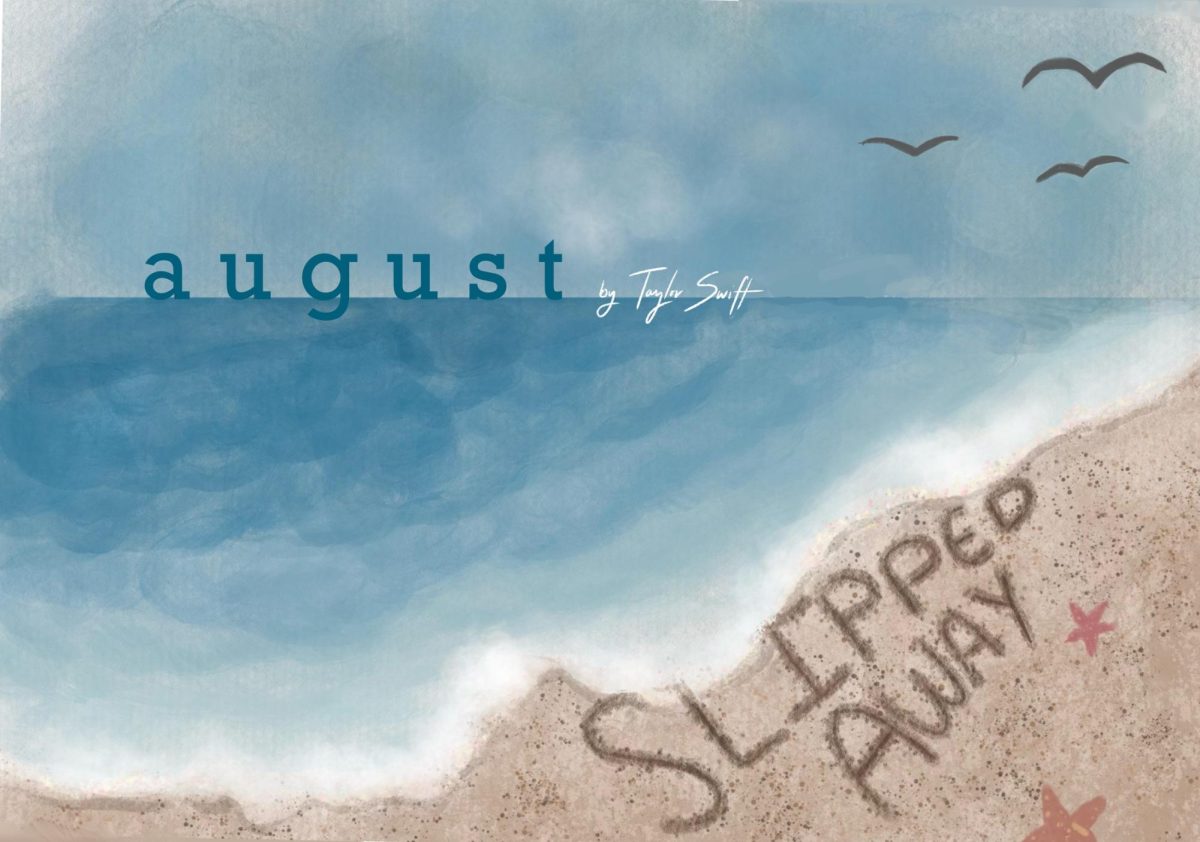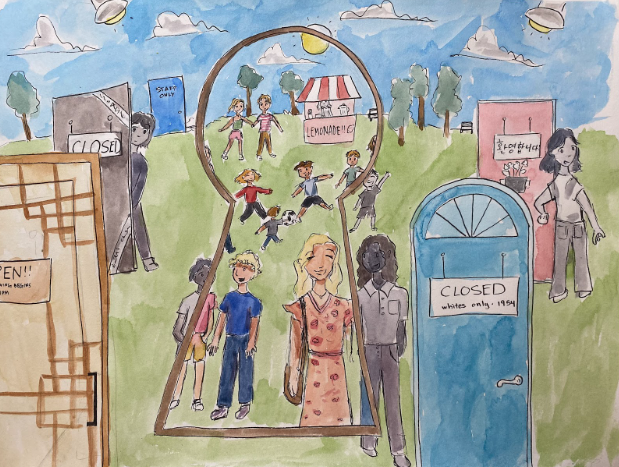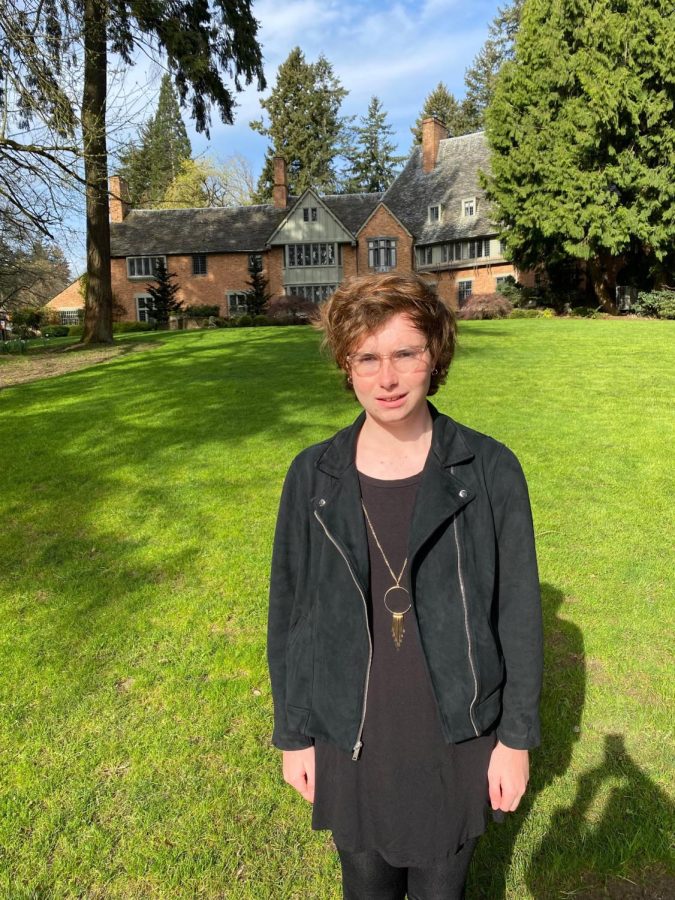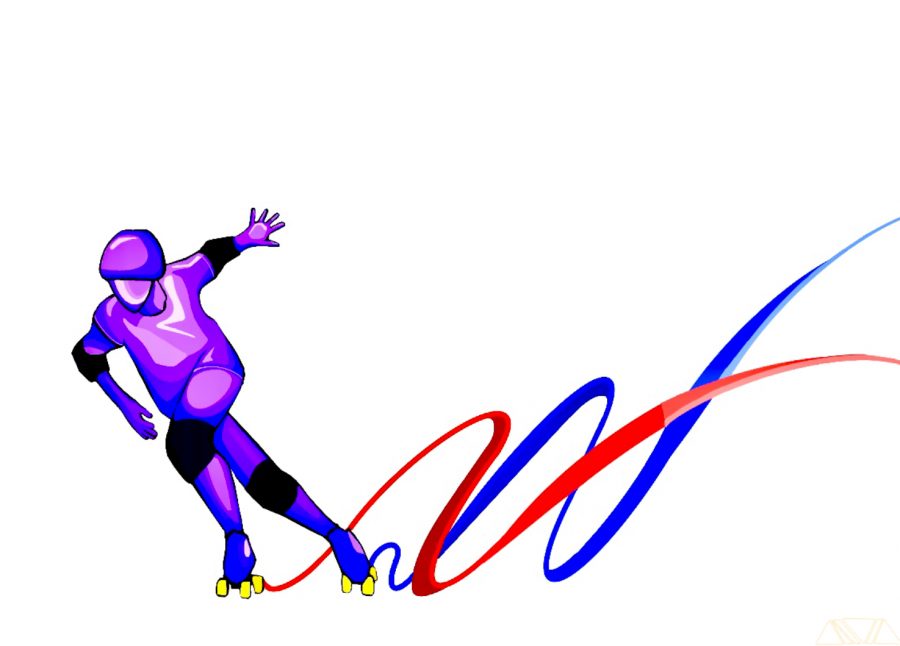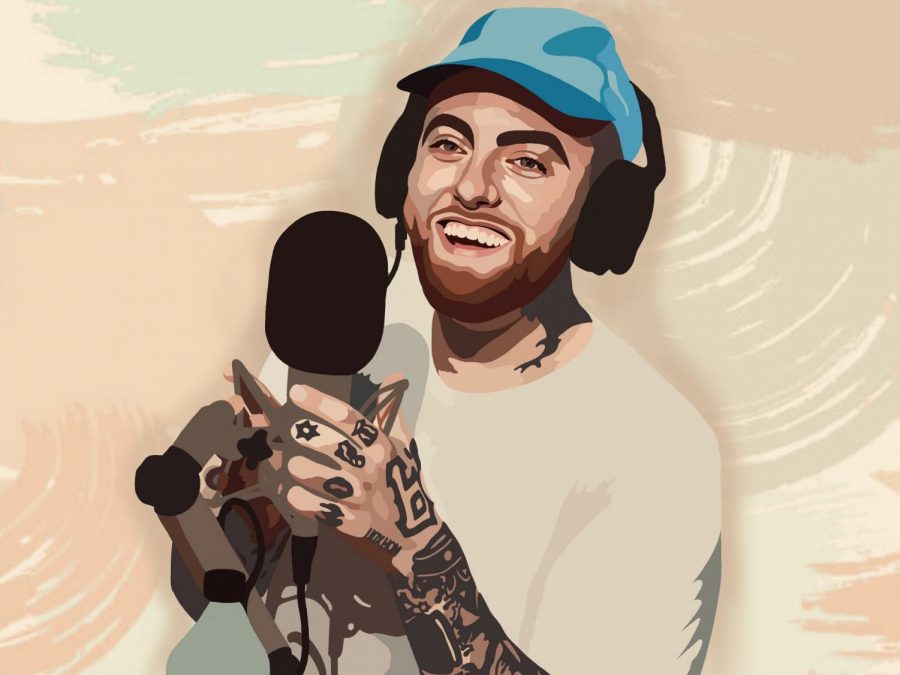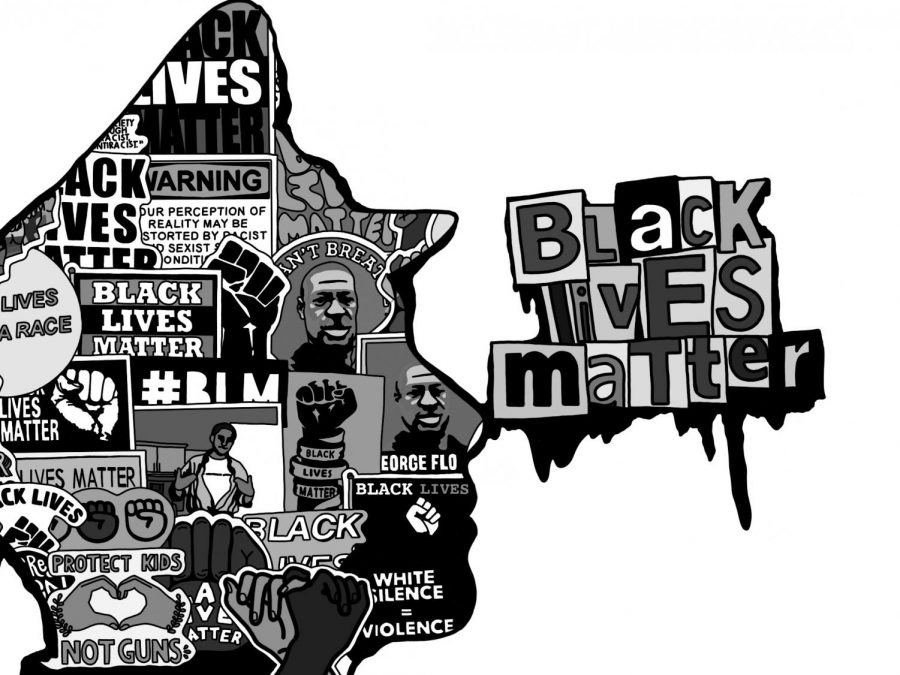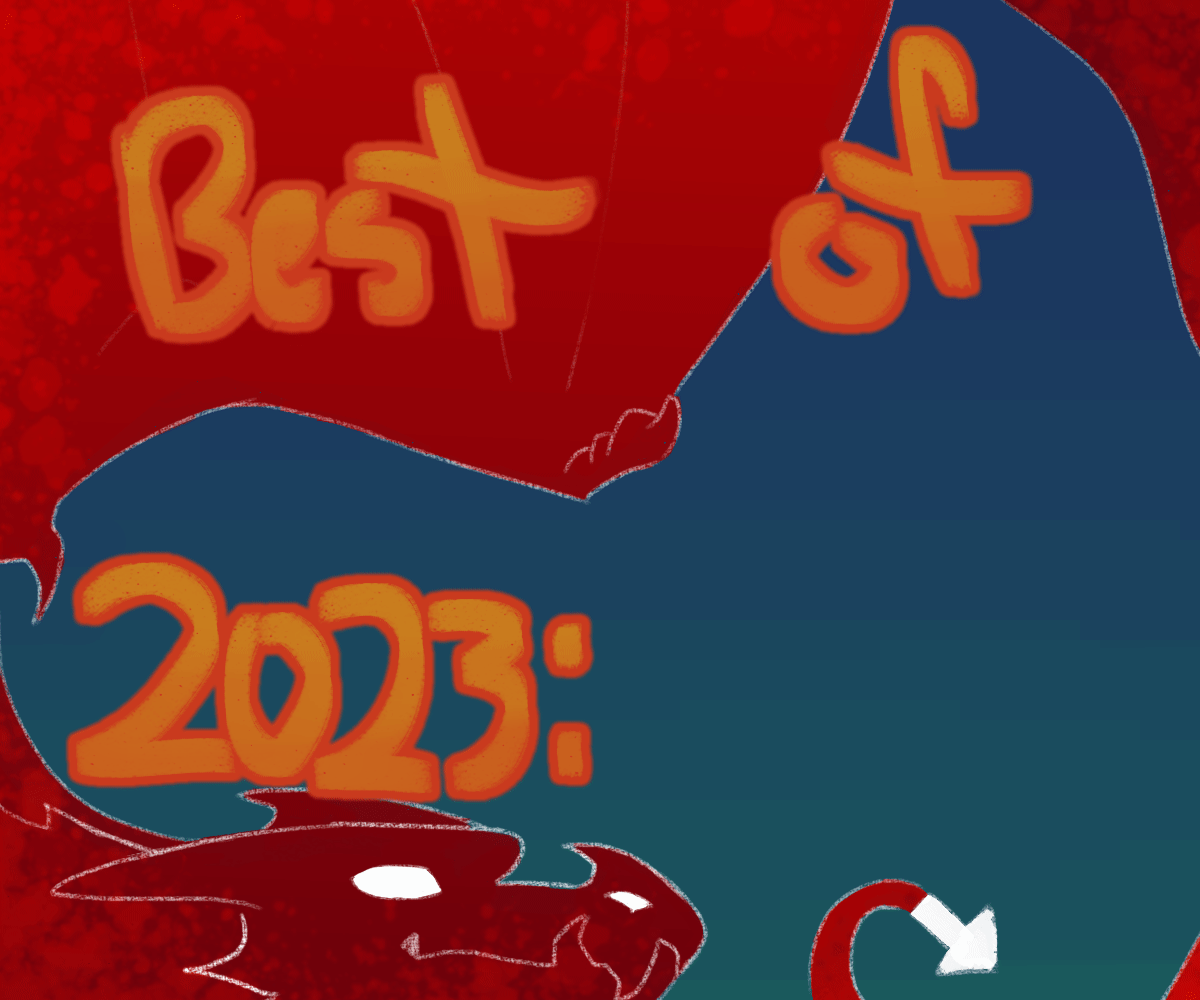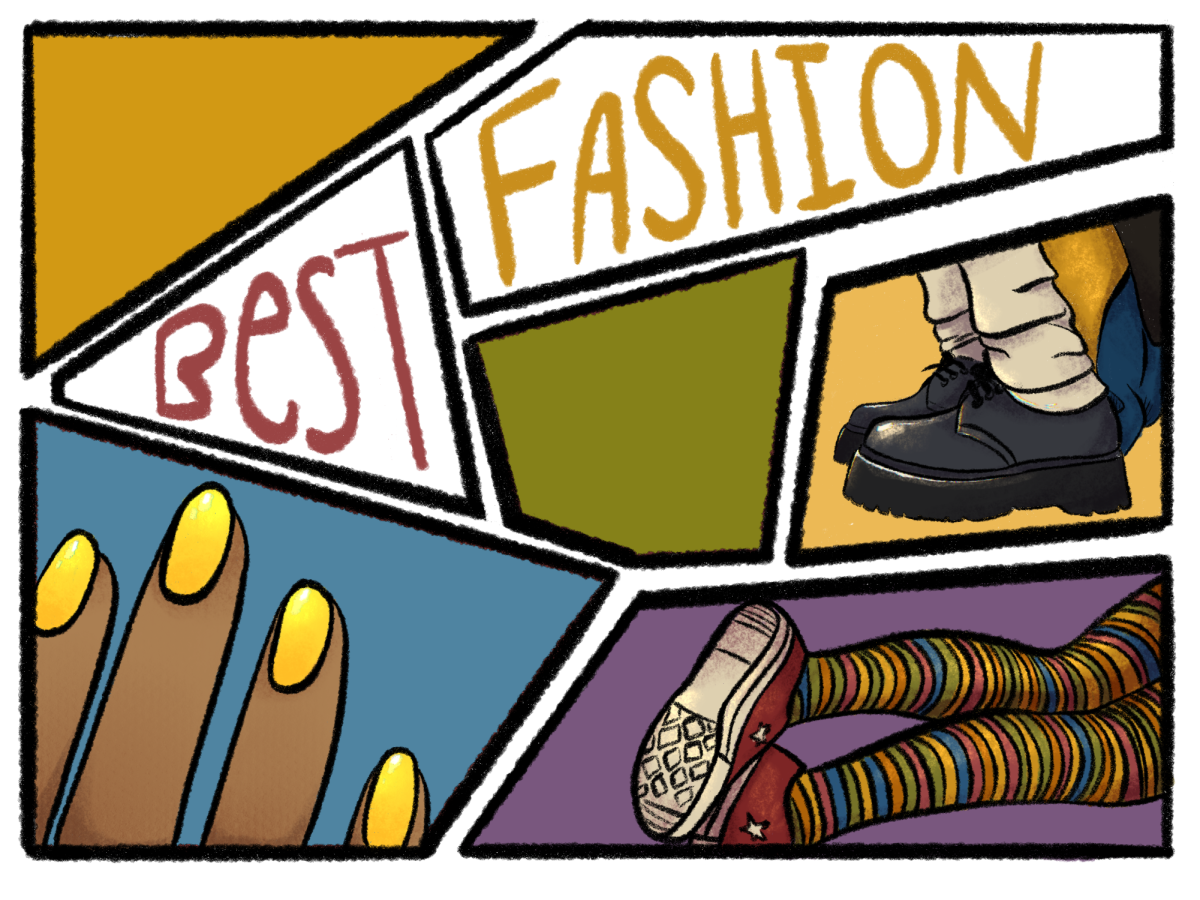I’d like to start by saying that raising awareness is a great thing. The fact that kids who are usually uninterested in politics or global events found a cause and are trying to make a change is fantastic, and no one can argue that we shouldn’t try to stop mass murders and create world peace. I, myself, would love to see Kony captured.
But, I don’t like the way Invisible Children is going about the issue of the Lord’s Resistance Army (LRA) in Uganda and its leader, Joseph Kony.
After making a 30-minute video full of emotional stories and the blatant abuse of a cute three-year-old, Kony 2012 went viral, and it seemed like everyone was reposting it. I even shared it with my history class. But, I couldn’t shake the feeling that the overly simplistic video wasn’t quite right.
A conversation with Karen Fox, who was co-president of the Invisible Children Club at Foothill last year, confirmed my fears. She doubted whether Invisible Children’s policy of military involvement and awareness campaigns really addressed the problems in Uganda sufficiently.
I think that Invisible Children is only misguided, not fraudulent or malicious, and that their attempts to help Ugandans and raise awareness are meant to help the people affected by the LRA.
But, let’s look at the problems with the Kony campaign.
First of all, it only addresses half the problem. Kony was the leader of the LRA, but the issues with the Ugandan military, the group fighting the LRA, are being completely ignored by Invisible Children. Human Rights Watch reported that the Ugandan army is responsible for “multiple abuses of the rights of northern Ugandans, including summary execution, torture, rape, child recruitment, and inhuman conditions of detention in unauthorized detention locations.”
A study by Human Rights Watch found that the rates of rape was so high that “the presence of Ugandan soldiers has increased the HIV/Aids infection rate in the north of the country.”
These crimes are never punished correctly. Invisible Children supports the Ugandan military, saying it is “better equipped than that of any of the other affected countries” and lobbies Congress to send more military support to Uganda and their corrupt and violent army.
Their video clearly shows them advocating for more troops and celebrating when the news reported that 100 American troops were going to help the Ugandan army.
It presents the illusion that stopping Kony will stop the killing. However, the LRA was, according to the International Crisis Group, born out of decades of economic and political problems in Uganda that aren’t going to vanish overnight.
Even if they did manage to capture Kony, what would happen to the soldiers and abducted children? How would pouring money or military resources, as Invisible Children advocates, into a corrupt and broken government solve any problems? The campaign takes a large and complicated issue and boils it down to one overly simplistic idea, “Kony is a bad man!” It then berates you with it for the rest of the video. Stopping Kony won’t necessarily fix the problem.
Also, the LRA is dying. Mounoubai Madnodje, a spokesman for the UN Stabilization Mission in the Democratic Republic of Congo (MONUSCO), said the LRA was on it’s last legs and that they “think right now it’s the last gasp of a dying organization that’s still trying to make a statement.”
Taking out Kony would be the final blow, but much of the footage used by Kony is from years earlier, not a current crisis. Madnodje reports that there are only about 200 LRA fighters left. So the main focus should not be on sending in more troops to an already war-torn area, but building it back up and supporting the people in their attempts to heal their broken government.
Another problem is that some of the stories were overdramatized. No one wants to break the taboo and say that the horrifying stories of African children were exaggerated, but Foreign Affairs reported that Invisible Children “manipulates facts for strategic purposes, exaggerating the scale of LRA abductions and murders and emphasizing the LRA’s use of innocent children as soldiers, and portraying Kony — a brutal man, to be sure — as uniquely awful, a Kurtz-like embodiment of evil.”
The last thing anyone wants to do is under-value the experiences of these children, but lying to the public to get money or start a movement is manipulation and taints the entire venture. The use of crying children and adorable three-year-olds to get you to re-post the video is not unique, but it raises red flags when the cute kid gets more screen time then Ugandan leaders or the facts.
And as for how Invisible Children spends their money, only 32% (compared to over 90% for the Red Cross) of the organization’s budget was actually spent on direct services. The rest goes to salaries, traveling, and films. Any while they are a charity meant to increase awareness, I am afraid people support them without realizing that their money may be spent on posters or lobbyists, not an “invisible child.” And if Invisible Children really do want to help these kids, why are they spending it on publicity? Why not put it all towards school or rebuilding the country after years of destruction?
So what can we do? If you want to end the problem, as any healthy person would, then don’t donate to Invisible Children. They are an organization that mainly increases awareness, and social media is doing that at no cost to them. People know about the problem, so they have have already accomplished their goal. Now, let’s do something about it.
We need to eradicate the LRA and reform the violent Ugandan Army but throwing even more military personal isn’t the way to do it, and America intervening in Uganda and setting up a new government isn’t going to work either (Iraq, anyone?). This problem can’t be solved with the death of just one man or another army, but doing something isn’t always better than doing nothing.
Invisible Children lobbies for the American government to support the Ugandan Government with troops and fails to mention their human rights violations in their video, therefore giving them legitimacy in the eye of the American public. This legitimacy and military support decreases the public and international governmental pressure on the Ugandan Government to fix their numerous internal problems and corruption.
I’m not pretending to know how diplomacy or international relations and the UN works, but Invisible Children is right about one thing: public pressure is powerful.
By putting more pressure on the Ugandan government instead of absolving them and giving them very little blame, we could see real change in the government. More stability in the region and government would help defeat the LRA and prevent other such groups sprouting in the future.
If you want to help those already impacted by the LRA and other violent military groups, give money to established charities that focus on rebuilding Uganda and the other affected countries, such as Children of Uganda and HELP International. You can also put pressure on governments to reform and reach reasonable solutions to Uganda’s complicated problems.
And if nothing else, please realize that pushing a “like” button is not going to save the world, and that getting rid of Kony is neither the only nor the most important step in securing peace in Uganda.


